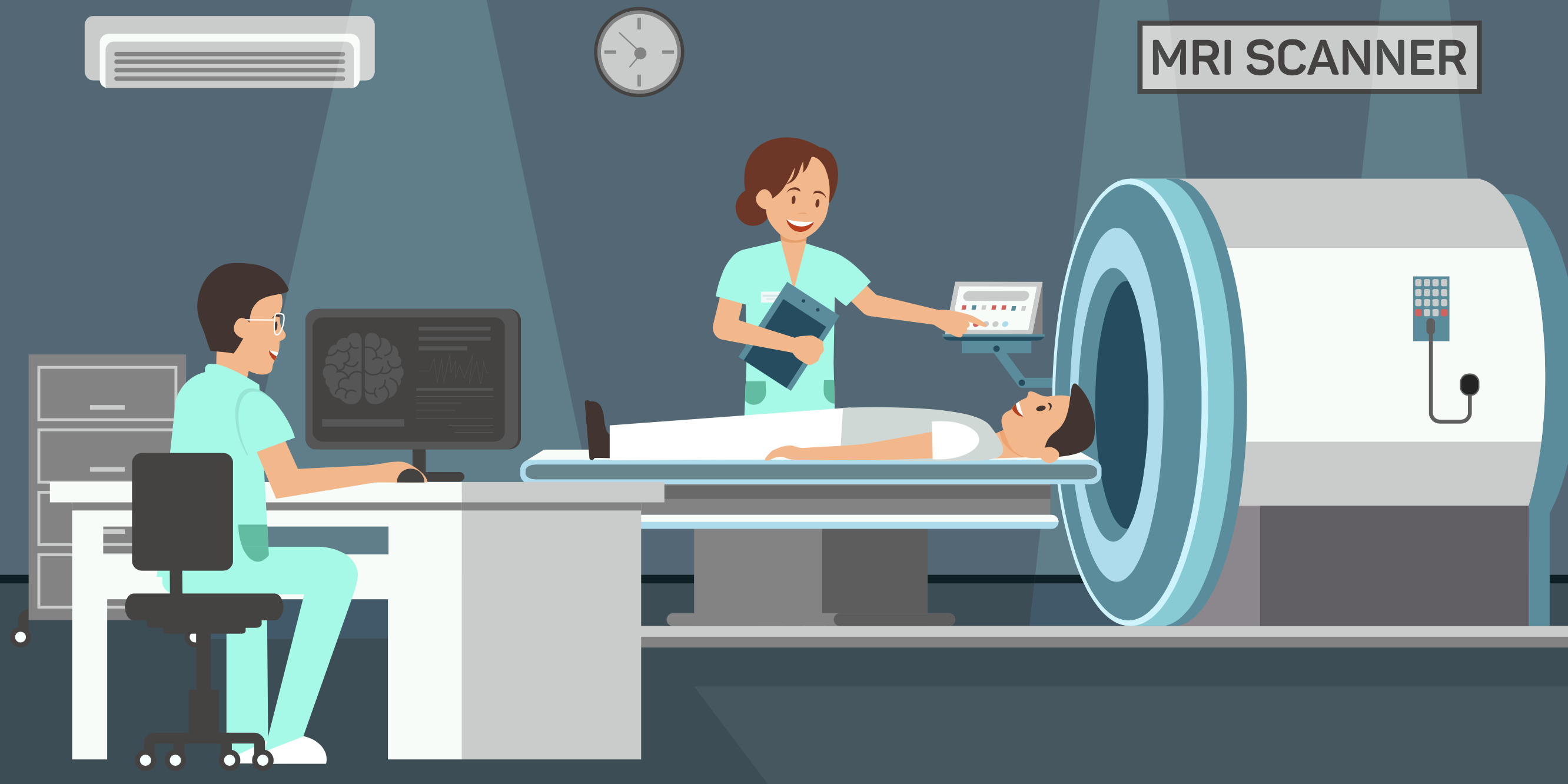
How lean is securing the future of this digital advertiser
CASE STUDY – How do you keep up with a market changing at the speed of light? The Chief Inventor of an Australian digital company explains how they are using lean to safeguard their future.
Words: Nigel Dalton, Chief Inventor, REA Group
As far as Maslow’s hierarchy of needs goes, 80 years after his famous paper was published we can all agree that shelter sits at the foundation – along with air, food and water. Even so, the strong emotional relationship people have with housing is often underestimated or overlooked, and that’s the founding point of our journey as a business. It is rarely cold, data-driven, and rational – property as an industry is centred on the people who live and work there.
REA Group is a digital advertising company specialized in property and the lifestyles that go with it, headquartered in Melbourne, Australia (we are also present in six other countries). We help people buy and rent houses, and find commercial properties for business through our websites and apps, but also get finance and learn about renovation and the market. How we got to become a $9 billion company doing that is quite interesting, and that’s the story I’d like to tell in this article.
We have spent the past two decades building a global business, but the truth is that in real estate the only thing that matters is whether you are a great business in your neighbourhood. The challenge for us is to essentially act as if we had 2,500 realestate.com.au websites and apps uniquely tailored to each suburb in Australia, and more again for our Asian customers. Sometimes those apps are not for people fortunate enough to be choosing a new home for their family to live in – we also work with homeless people and contributed to the development of an app called Ask Izzy to connect Australia’s homeless to resources for them.
In many ways, wanting to build global domination in a sector characterized by hyper-local markets is the classic Toyota problem, because it calls for mass customization. How do you scale and maintain the same level of service, when you have so many different places to serve, each with its own market characteristics? How do you understand why and how they are all so different? Scale, yet variation.
The answer is inspired by an obsession with our customers’ needs. Our estate agents and property developers around the country (indeed, the world) are building their businesses to suit the idiosyncrasies of the different markets we operate in. We spend the equivalent of months each year researching on the ground in a gemba walk fashion, visiting real estate agents and listening to their problems.
In developing our offering, it is important to strike a balance between serving the end users (consumers) and the channels through which we reach them – the estate agents and property developers. Not dissimilar to the Toyota ecosystem of cars – with consumers, manufacturing plants and car dealerships all part of the mix.
Field research, however, is just one of the ways in which we try to understand how our customers think and behave.
Our 20-person Consumer Research Lab – which constantly works on perfecting our offerings based on the key customer expectations of time, transparency and trust – hosts or visits five people every day. That’s up to 1,000 people a year, which generates a lot of data that we can then use to segment the ecosystem, and understand how to cater to each of its parts (whether it’s landlords, renters, investors, renovators or estate agents). We pay these folks to come in, relying on an external agency that recruits individuals from a specific demographic or geographical area, like Perth’s Central Business District or a suburb of Adelaide. We interview them, but most importantly observe them as they use our technology.
For example, we might ask them to wear a pair of Tobii glasses that record how they interact with our website or our app (it is fascinating to see how quickly they can scroll through the results and pick up newly-listed property they haven’t seen yet) or we might decide to track their movements and behaviors as they go on a virtual reality walk through an apartment.
We never stop experimenting with technology and we strive to invent something new every day.

A MARKET IN TRANSITION
Our commitment to research and experimentation is made in response to the dramatic changes our sector is undergoing. The Internet has completely transformed the search for real estate, and we are moving closer and closer to a point where rather than search we will be required to facilitate matching properties and information to prospective buyers or renters. For this reason, there is a lot of fear that the role of traditional intermediaries (estate agents) could soon be a thing of the past, and that technology will take their place.
We believe that there is still an important role for people as intermediaries (at least, for good ones), but it is obvious that things have changed a lot in the past few years. A combination of an agent plus technology is becoming the norm to be competitive, and in the future, that tech will also involve more AI. We need to become better channels for people interested in property. Our tools and data sets need to be improved, and some of our value streams will necessarily change.
As ever, the Internet has provided both great challenges and great opportunity, and REA Group has largely been able to ride that wave through continuous innovation. In many ways, we have revolutionized the market, but we are now being disrupted by global competitors that were not traditionally property-focused – Google, Facebook, Airbnb, Amazon and WeChat. We are facing the typical innovator’s dilemma: can we get our mind around this disruption and create a new, more valuable offering? That’s what we are focused on as a company.
Artificial Intelligence will make it possible to complete the transition to matching properties to people: prospective buyers or renters will find the right property in their inbox or home screen notifications when they wake up in the morning, perhaps together with an article on renovating kitchens – perhaps their most pressing need – and the name and number of a person they can talk to about a mortgage extension for the renovation. Technology in general has really brought a lot of change to our industry: imagine how much time you could save by using virtual reality to view an apartment!
To get to a level of understanding of customer needs that will allow us to match properties to them, however, we first need to be humble enough to recognize we don't know everything, and of course very diligent in our efforts to get to understand the voice of the customer. At REA Group, we solved all of our smaller, simpler problems many years ago and we are only left with the larger, more complex ones – the ones that require constant observation and listening.
If you want to fully leverage modern technologies, you need to make sure that what you are doing is something customers are comfortable with (remember, trust is one of our customers’ key expectations). Take voice activation devices like Apple’s Siri, Google Home or Amazon’s Alexa as an example – they are fine to play a song or check the weather (though still frustrating at times), but it is still hard for a human being to trust a robotic voice. This will change rapidly in the next year or two.
What holds many companies back from fully tapping into their potential is the fact they don’t have a lab like ours. They don’t focus on gemba or listen to people. As humans, we are biologically wired not to change, but if you listen to customers they will tell you what you need to do to remain relevant to their lives.
OUR JOURNEY OF TRANSFORMATION
Four years ago, we decided to change the structure of the organization to become much more customer focused in everything we do, starting from an Agile ‘factory’ – an ideas factory rather than a manufacturing one, delivering apps and software, not cars. The biggest consequence of the reorganization was a switch to multi-disciplinary teams: most Internet companies (including the big ones) operate a bit like a cult led by designers, engineers or product people, whereas at the REA Group we ensure these three roles work together on a daily basis to serve customers and consumers.
We believe that collaborative learning can achieve incredible things. That’s why we pair up programmers (a bigger investment up front that will save you tons later on in coding changes, as software will need custodianship for up to five years) and, like at Spotify, we assign our people to small, multi-functional teams – large tribes of 150 people are focused on a customer segment like residential real estate; squads of 10 build products, and guilds that allow a ‘craft’ or ‘trade’ such as security engineering to stay in touch and share knowledge across the business silos.
REA Group is a cross-pollination of people from many different backgrounds. That’s the philosophy we follow to solve complex problems – and it results in a fusion of ideas. We draw inspiration from great people and companies around the world, past and present: for example, following Toyota’s example, we created the role of a Chief Engineer, whose involvement in the product is unusual for a modern business. But we also like to think of ourselves as the Wright brothers of coding: the speed at which we can rebuild our product ensures our success just like Wilbur and Orville’s ability to quickly rebuild their plane prototypes (not made in metal) ultimately allowed them to fly before Langley, and with less cash too!
The first lean experiment outside our software development teams was for the team most curious about agile methods, with the toughest waste problem – the lawyers from our Legal team. At the time, with strong demand for their services, we had a huge bottleneck when the process reached them: not only did every deal have to go through them, but our product structure was so complex that each contract was customized. As a team, they regularly worked 70-hour weeks.
After participating in many product stand-up meetings, they decided to try and visualize their own work. They got confirmation that it was a pretty horrific value stream, with what felt like a million steps, and lots of wait time, but for the first time they were able to see the problems. We came to the realization that the value stream is not complete until the first dollar is paid into a contract, and decided to come up with a system of prioritization of jobs. A miracle occurred: duplication was reduced, and the bottlenecks started to disappear.
In that instance, we also learned how detrimental interruptions can be (we measured it takes 20 minutes to get back to your regular pace of working after a distraction) and introduced a system by which teams now have a flag that signals the one “interruptable” person in the group.
After all this, the lawyers became great ambassadors for a new way of working. As we flipped the company structure to being multidisciplinary, they were deployed as internal consultants supporting every line of business, attending many stand-ups and seeing more and more people asking for their help. They also began to automate legal processes and create self-service tools – humans and technology working in harmony.
People are naturally curious at REA Group, and before too long, our People and Culture team picked it up (they sat next to Legal). Then Finance learned about it, just as they were trying to figure out how to get a new finance system off the ground and needed a quick way to summarize it on a board for their stakeholders and team.
In 2013, it was the turn of our sales team in Brisbane, who had seen what was going on in our Head Office in Melbourne and thought it could help them with their account managers’ very detailed sales plans (around 27 pages every quarter). Even though they had “always done it that way”, they began to ask themselves how much of that was actually adding value and realized that the plans weren’t about value, but about having a false sense of control over the process.
The plan quickly went down to three pages before disappearing all together and being replaced by a visual management system (supported by a Kanban-based mobile organizational app called Trello, since people were often working outside the office). They were so excited to find that efficiency in their day that they also became enthusiastic ambassadors.
Change reached different parts of the organization fuelled by curiosity, which is a trait we actively look for in the people we recruit – together with resilience and the ability to think critically. The habits that define us as a company are something you can’t avoid learning if you work here: we don’t have a manual of the “REA Way” (much like Toyota didn’t have a TPS manual) but encourage sharing at all levels and that’s how we create a common culture and set of behaviors. Culture and behaviours are led from the top by our CEO Tracey Fellows, along with creating a sense of challenge and a clear ‘why’ for our people to engage with. We are changing the way people experience property around the world.
We now have a management model that works for 1,500 people operating globally in the property search business (moving into the property match business). Toyota and lean inspired us with a way to have a long business life, an opportunity made even greater by the ability – afforded to not just us, but to every company, online and offline – to design, change and learn quickly from customers and consumers.
THE AUTHOR

Read more


FEATURE – This article explains how Lean Thinking and the agile method can strengthen and optimize our digital transformation efforts.


FEATURE – In March 2019, this hospital partnered with the Lean Global Network on a two-day Jishuken event. Nearly two years later, the authors reflect on the legacy of that initiative.


OPINION – The team at Instituto Lean Management in Barcelona comments on recent news from the Catalan healthcare sector and reflects on lean sustainability.


FEATURE – Repeating the same patterns of work over six to eight cycles of production generates improvements - based on people, not machines - and facilitates the adoption of lean principles and tools.

